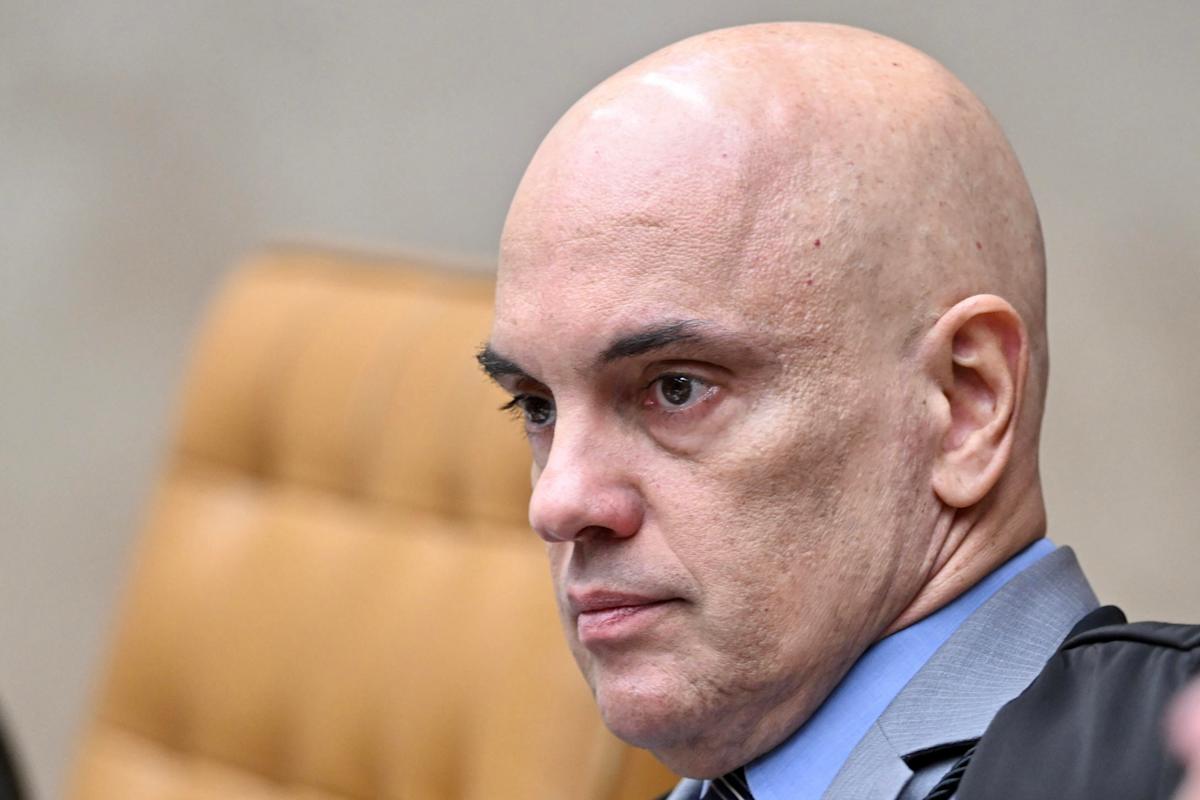The United States Treasury Department has imposed significant sanctions on Brazilian Supreme Court Justice Alexandre de Moraes, citing grave concerns over alleged human rights violations and what it describes as politicized prosecutions. This assertive move marks a notable escalation in international relations, directly linking Washington’s actions to the ongoing legal battles involving former Brazilian President Jair Bolsonaro, a prominent ally of former U.S. President Donald Trump.
Justice de Moraes, who has served on the Brazilian Supreme Federal Court since 2017, stands accused by the Trump administration of systematically abusing his judicial authority. Treasury Secretary Scott Bessent specifically condemned de Moraes for orchestrating an “unlawful witch hunt” and an “oppressive campaign of censorship” that includes arbitrary detentions and politically motivated prosecutions. These accusations underscore a deep-seated concern within the U.S. government regarding the integrity of Brazil’s judicial processes.
Further elaborating on the severity of the situation, Secretary of State Marco Rubio highlighted “serious” human rights abuses attributed to de Moraes, including the detention of individuals without formal charges and blatant infringements on freedom of expression. The justice has also been notably involved in controversies surrounding access to social media platforms, such as Elon Musk’s X, within Brazil, adding another layer to the complex accusations.
At the heart of these tensions lies the legal predicament of Jair Bolsonaro, who remains a central figure in Brazilian politics despite losing the 2022 election to his left-wing opponent, President Luiz Inacio Lula da Silva. Bolsonaro was indicted in November on charges of attempting to “violently overthrow the democratic order,” allegations he vehemently denies, consistently labeling his prosecution as a politically motivated “witch hunt.”
Former U.S. President Donald Trump has been a vocal defender of Bolsonaro, publicly denouncing his treatment as an “international disgrace.” Trump’s intervention extended to a direct message to President Lula via social media, unequivocally stating that the trial involving Bolsonaro constitutes a “witch hunt that should end IMMEDIATELY!” underscoring the political solidarity between the two leaders.
Beyond the judicial realm, the U.S. took economic punitive measures, with President Trump imposing 50% tariffs on Brazilian products imported into the U.S. This economic action was justified by the president as a response to Brazil’s governmental actions, which he declared “repugnant to the moral and political values of democratic and free societies.” These tariffs signal a clear message from Washington regarding its expectations for democratic governance, free expression, and the rule of law globally.
The comprehensive nature of these U.S. actions, encompassing both judicial sanctions and economic tariffs, reflects a determined effort to hold accountable those perceived as undermining democratic principles and human rights. This development not only intensifies the scrutiny on Brazil’s internal affairs but also sends a strong signal about the U.S.’s commitment to promoting its values on the international stage, particularly concerning nations vital to its regional and global interests.





Leave a Reply